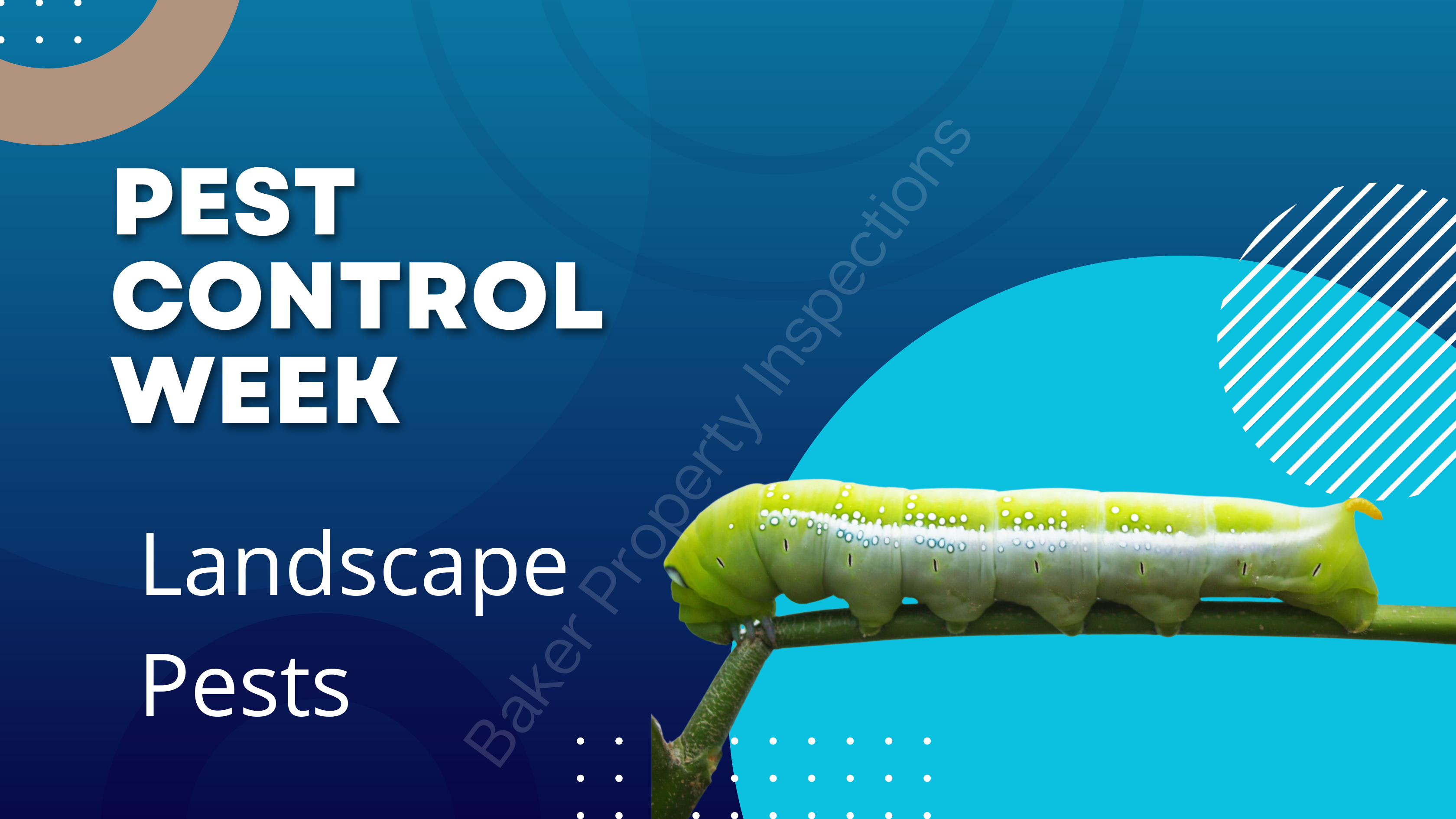Landscape maintenance and pest control can be achieved naturally, reducing environmental impact and promoting a healthier ecosystem in your yard. To achieve this, consider employing some of these all-natural techniques:
Companion Planting: One effective way to deter pests naturally is through the strategic use of companion planting. Certain plant pairings can repel specific pests. For example, planting marigolds around your vegetable garden can help deter aphids. The Farmer’s Almanac is a useful source to learn more: https://www.almanac.com/companion-planting-guide-vegetables
Attract Birds: Installation of bird feeders in your yard or garden is an excellent natural pest control method. Birds such as finches and chickadees consume many types of insects that can potentially damage your plants. Audubon can help you learn how to attract them here: https://www.audubon.org/news/how-make-your-yard-bird-friendly-0
Natural Pesticides: Choosing natural pesticides, which are both environmentally friendly and efficient at controlling pests, is another proactive measure. Some examples include neem oil, garlic spray, and soap spray. These natural substances often show fewer harmful side effects compared to their synthetic counterparts, leading to a healthier home environment. This is a complex topic that deserves your attention: https://agresearch.montana.edu/wtarc/producerinfo/entomology-insect-ecology/Biopesticides/NaturalInsecticides.pdf
Organic Fertilizers: Organic fertilizers, like compost, bone meal, and fish emulsion, can foster healthy plant growth. Stronger plants are naturally less susceptible to pests and diseases, reinforcing the overall health of your landscaping.
Beneficial Insects: Encouraging beneficial insects to inhabit your garden is an effective natural pest control method. Ladybugs, lacewings, and praying mantises are predators of many types of pests. Attract these valuable insects by planting flowers and herbs such as dill, fennel, and yarrow. Research companies and follow directions to be sure that beneficial insects are healthy upon delivery.
Physical Barriers: Employing physical barriers, like row covers, netting, and fencing, can prevent pests from accessing your plants. Not only do these barriers deter pests, but they also contribute to the overall safety and integrity of your property.
Mulching: Mulching your garden with organic materials such as leaves, straw, or wood chips can suppress weed growth, retain moisture, and regulate soil temperature, all factors that promote healthy plant growth.
Preservation of Fall Foliage: Avoid cutting down plants in the fall! By leaving fall foliage, you encourage the preservation of beneficial insects and pollinators.
By incorporating these natural methods into your gardening routine, you can maintain a healthy and pest-free garden without resorting to harsh chemicals or other potentially harmful methods. These practices contribute to the overall health of your home’s ecosystem. These practices not only ensure a healthy garden but also add value to your property.
https://www.bakerpropertyinspections.com/blog/
#FriendlyExperiencedThorough

